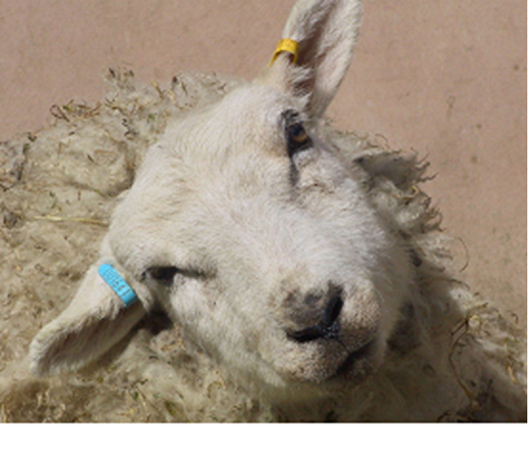

Some farmer owners often observe that a couple of mature sheep and goats became dull before separating from the mob then tending to walk or fall to one side. Prior to death, they collapsed on one side. On the other farm, the owner found a single wether goat lying semi-conscious and paddling before death.
The symptoms shown by the goats indicated a developing brain disease. It is reported that such sheep and goats die of a bacterial brain infection caused by listeria.
You may have heard of this bacterium. Not only does it cause brain infections in sheep, goats and occasionally cattle but it can also cause pregnant livestock and women to abort. So this group of bacteria are important both in veterinary and human medicine.
Previously, local veterinarians have described listeria causing brain infections and death in ewes fed silage.
Scientists have found this bacterium is widespread in the environment, from soil to water to the walls of buildings to sewage sludge. It can also be found in mammals, birds, crustaceans and insects and within the digestive tracts of healthy people.
In most cases, the disease does not trouble animals with a healthy immune system. However, pregnant ewes and goats seem to be susceptible.
Listeria grow well in spoilt or contaminated silage. High-risk animals such as pregnant sheep and goats are therefore susceptible to either brain disease or to abortions if fed silage. Cattle and other classes of sheep seem much less susceptible.
In the recent cases of brain disease in goats and abortions in sheep, silage was not on the menu. However, in some instances farmers had slashed rank vegetation. We suspect this slashed material, which had rotted with the above average rain, also favoured listeria.
Well-made silage is an effective and economical method of feeding livestock both for production and in a drought. However, goats and pregnant ewes risk developing listeriosis under some circumstances when fed silage. It also seems that rotting vegetation, especially if it has been mowed and left rotting in windrows, is a risk to sheep and, in the light of our recent experiences, goats.
 Contact Jaguza Support
Contact Jaguza Support